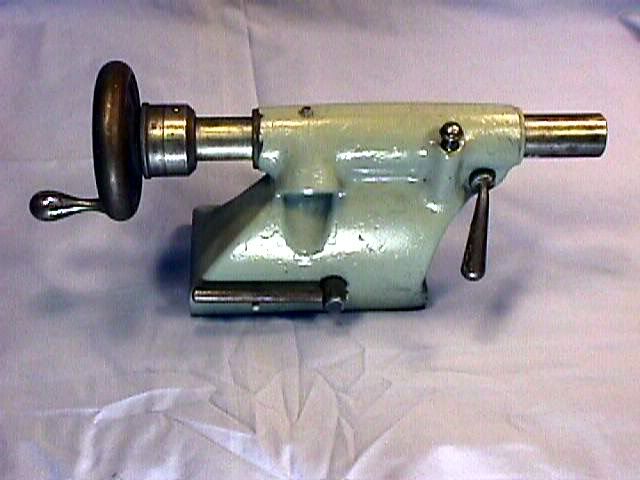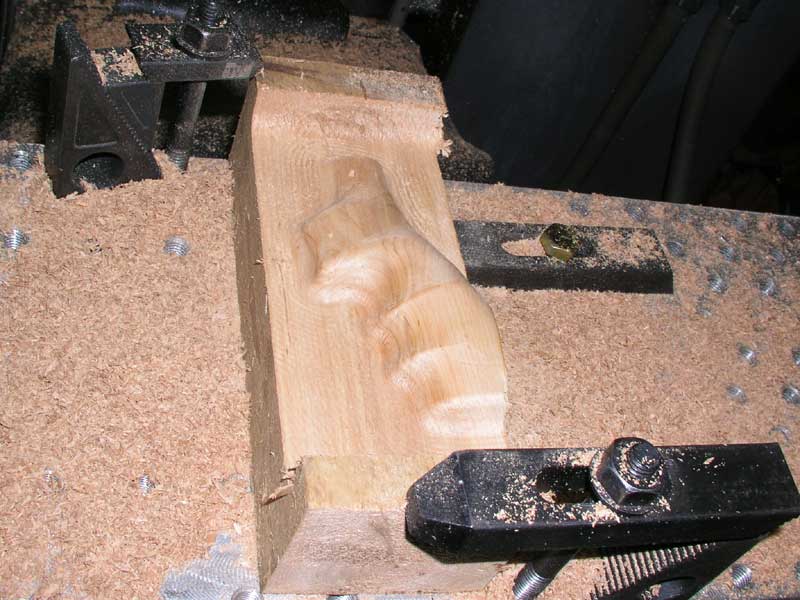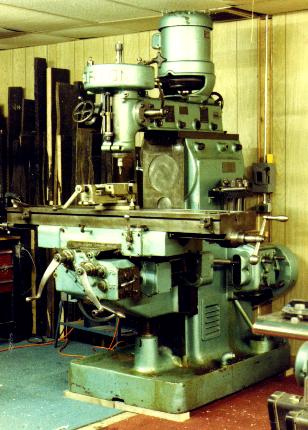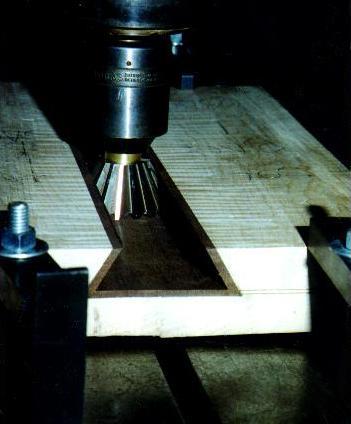1. Spindle Speeds. As others have mentioned, it's quite easy to overcome the mill's slow spindle speed by making a bracket to mount a router on the spindle 'quill'. Recently, to help out a local contract machining firm, I made brackets to mount routers on two of their Fadal VMCs. In one case the bracket was quite simple and holds only one router, and in the other case, it was a bit more complicated since it holds 4 routers. Works nice using the VMC's CNC capabilities ....
2. Wood Abrasiveness. Some woods are really rough on tools. While living in the Taiwan in the early 70's, I bought a pair of teak logs from Indonesia, and they were the worst I ever encountered -- so much silica in the pores that the boards created s few sparks when being bandsawed.









